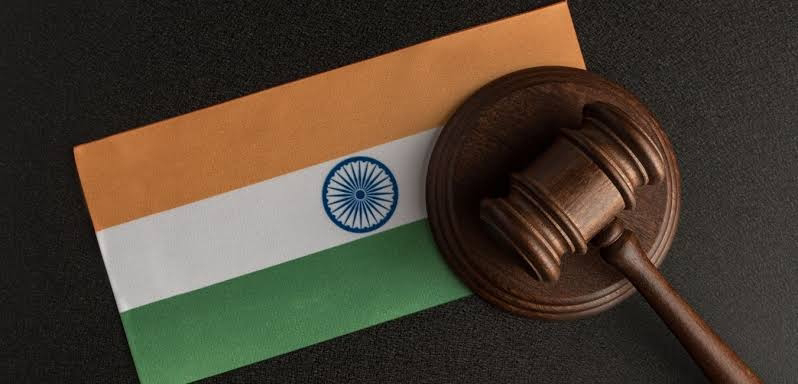Religious Traditions and Legal Controversies: India's Ongoing Struggle
Author: Lawvanyaa Kannan, a student at Symbiosis Law School, Hyderabad.
Introduction
India is a nation celebrated for its mosaic of religions and traditions, a legacy that has been cherished for centuries. However, the coexistence of diverse religious practices has often led to intricate legal dilemmas and interventions.
The Labyrinth of Religions:
India boasts a spectrum of religions, including Hinduism, Islam, Christianity, Sikhism, Buddhism, Jainism, and many others. Each religion carries its own set of beliefs, rituals, and practices, fostering a multicultural and pluralistic society. This religious diversity has been integral to India's identity, often referred to as a "melting pot of religions."
Religious Practices and Legal Challenges
While religious practices have thrived and evolved over the centuries, they have occasionally clashed with legal principles. These conflicts have given rise to several noteworthy legal cases and debates. Some of the key areas where religious practices intersect with the law include:
Temple Entry and Gender Equality: The Sabarimala temple entry issue, which gained widespread attention, highlighted the tension between religious traditions and gender equality. The Supreme Court's verdict permitting the entry of women of all ages into the temple sparked debates about the authority of religious customs in the face of constitutional rights.
Triple Talaq and Muslim Personal Law: The practice of triple talaq, which allowed Muslim men to divorce their wives instantly by saying "talaq" thrice, was a contentious issue. The Supreme Court's ruling against this practice raised questions about the reform of religious laws.
Cow Slaughter and Beef Bans: Several states in India have implemented beef bans based on the reverence of cows in Hinduism. These bans have prompted legal disputes and discussions about dietary choices and religious sentiments.
Religious Conversions and Freedom of Religion: Allegations of forced conversions and the right to religious conversion have spurred legal controversies. Issues surrounding religious conversions often involve debates over individual freedom and community identity.
The Challenge of Balancing Religion and Law:
The Indian Constitution guarantees the right to freedom of religion and also empowers the state to regulate religious practices to maintain public order and morality. Legal intervention is often seen as a means to strike a balance between religious freedom and the need for social cohesion. However, finding this equilibrium is a complex endeavor.
In the case of the Sabarimala temple entry issue, the Supreme Court's decision to allow the entry of women of all ages was met with resistance from certain religious groups who argued that it interfered with their religious beliefs. This case exemplifies the challenge of upholding constitutional values while respecting religious sentiments deeply ingrained in society.
Conclusion:
India's colorful tapestry of religions is a source of pride and strength, but it also presents challenges when it comes to the law. Striking a balance between religious traditions and legal principles is a complex task. The Sabarimala temple case is just one example of how these conflicts can play out.
It's crucial to remember that the Indian Constitution guarantees freedom of religion while also allowing the government to make rules for the greater good. This means that sometimes, the law might need to step in to ensure fairness and equality.
India's journey to harmonize religion and the law is ongoing. It's a path that requires respect for diverse beliefs and a commitment to upholding individual rights. While challenges persist, India can serve as an example to the world, demonstrating that diversity and the rule of law can coexist. With open dialogue and a willingness to find common ground, India can continue to navigate the delicate balance between its rich religious heritage and the principles of justice, equality, and individual freedom.




![Freedom of Speech in India [Indian Supreme court and Law of Sedition]](https://blogger.googleusercontent.com/img/a/AVvXsEiGLLUmLKq5Da6xDZplasOZHKRj-jOhWPkoeuy0_Eq757tUpOiHz-xooXwIlAjF0-hmBfi-TtMIv6on_sVgBXVq4wbWwnbsqLOcNX22S8C2aSq-ZuK3vn9wWAx8tXByYOBfwc0hs6b8RJV84YNFG2greouGKjup6g8kN-xVlchW33VHdSSmrhLC1BUEVbGp=w680)





